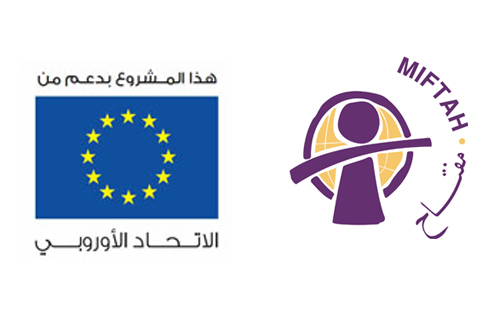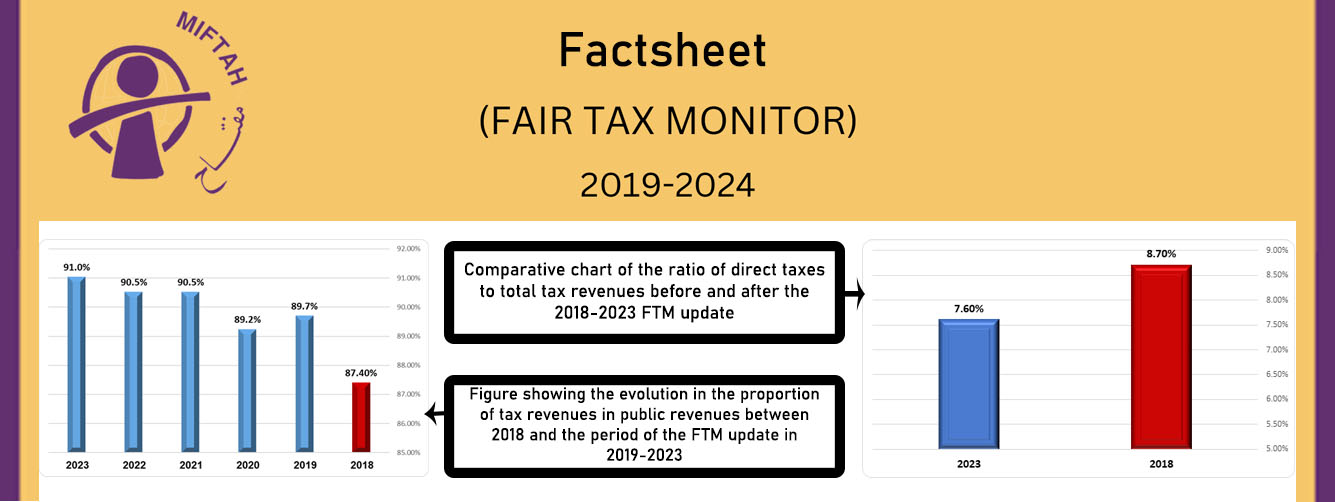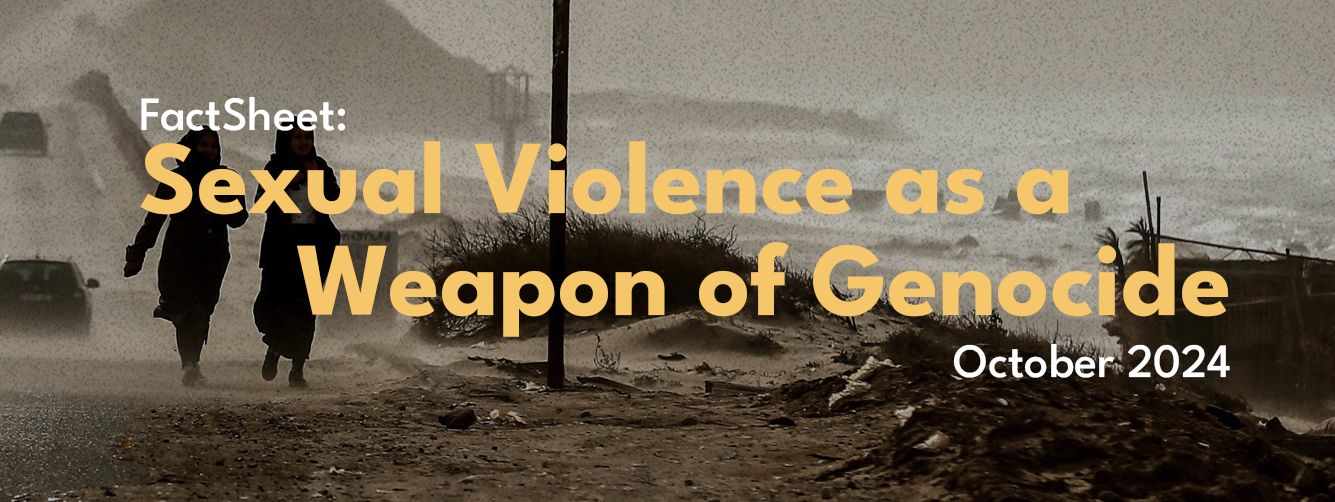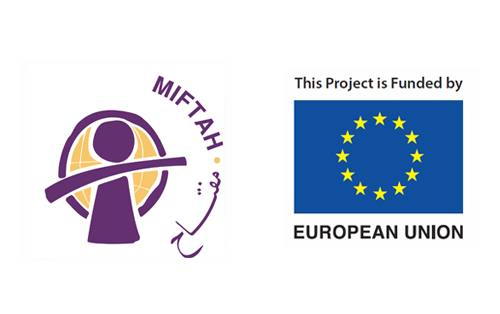
Introduction
At a time in which world governments are combating the COVID-19 pandemic that threatens the global health and economy, Israel is intentionally aggravating the impact of the virus on Palestinians in the Gaza Strip. This includes the perpetual violation of Palestinian basic rights, such as the right to life, right to health, and right to enjoy an adequate standard of living.
In addition to the imposed siege on the Gaza Strip for more than 13 years, Israeli aircraft have been spraying dangerous chemical materials composed of Glyphosate, Oxygal and Diurex, since 2014. These substances are sprayed on the agricultural lands of Palestinians living in border areas of the Gaza Strip. For example, in the past two years, Israeli forces sprayed Palestinian agricultural lands with chemical substances at least 17 times, whereas updated data shows the dangerous impact of these substances on crops, the environment, and health of residents. According to the testimonies of tens of Palestinians farmers, these chemicals damaged numerous agricultural crops and changed the crops’ color. Substances included in these chemical materials can also cause cancer and other chronic diseases.
The spraying of the above-mentioned chemical substances leads to several environmental risks and the violation of the right to have a clear, healthy and sustainable environment; right to life; right to enjoy the highest possible level of physical and mental health; and the right to an adequate standard of living.
Access restricted areas in the Gaza Strip are undergoing multiple forms of Israeli assaults, whereas the latter sprays chemical herbicides along the eastern borders of the Gaza Strip. This includes agricultural lands that feed thousands of Palestinian households. The policy of destroying Palestinian crops led to a severe impact on the lives of Palestinian residents and their economic and food security. For example, the systematic spraying of chemical herbicides significantly damages the soil, thereby undermining the Palestinian farmers’ resilience throughout the eastern areas of the Gaza Strip.
It is worth noting that Israeli forces deliberately conduct spraying operations in these areas at the beginning of agricultural seasons, especially in December and April of every year. These months are the main ones for harvesting winter and summer crops (such as watermelons and okra in the summer, and peas, beans, wheat and barley in the winter) and planting different kinds of leaves (e.g., spinach, dill (Anethum graveolens), parsley and chard). According to Palestinian Ministry of Agriculture data, approximately 2,000 dunums of agricultural lands are subjected to attacks by spraying operations. Another harmful element of Israeli spraying operations is their unexpected timing, whereas they usually take place without any prior warning or notification, especially as a result of droplets that extend to far-reaching areas. These droplets are also spread as a result of the wind speed and direction, thereby exacerbating the damage and affecting a larger agricultural area.
Spraying operations pose a direct threat to Palestinian farmers. For example, many farmers lost their main source of income due to the damaging of their crops/plants and harming their livestock (such as cattle and birds that feed on weeds in these areas). The used chemical substances are also considered anti-germination materials.
Israeli forces many times use false pretexts and allegations to justify their spraying operations and obliterate the herbs and plants growing next to the separation wall. This led to ravaging large agricultural lands and prevented Gaza’s farmers from cultivating their lands and performing agricultural activities. In other words, the occupation intentionally attacks agricultural lands in the Gaza Strip, while occasionally leveling off these farmlands. This raises serious questions about the feasibility of spraying herbs with chemical herbicides and simultaneously razing and leveling off these lands.
Context of the Policy Issue
First: Areas Suffering from Spraying Operations
The Israeli policy of spraying herbicides on agricultural lands in the access restricted areas east of the Gaza Strip is a serious hindrance for hundreds of Palestinian farmers who depend on agriculture to support their families. This practice constitutes collective punishment against Gaza Strip residents, who have been living under siege for 13 years in a row. According to Palestinian human rights organizations, Israeli forces deliberately and systematically spray Palestinian agricultural lands with herbicides in the period between November and April of every year to damage crops, whereas Israeli airplanes fly at low levels and attack farmlands with chemical herbicides as far as 2,000 meters within the Gaza Strip. Israeli forces also ignite rubber tires to check the direction of the wind, in order to maximize the area of lands that receive the harmful droplets of herbicides. According to human rights organizations in the Gaza Strip, aircraft used by occupation authorities can carry between 400-800 gallons of herbicides. These planes can fly at a speed of 120-160 miles per hour, which enables them to maximize the area of lands affected by herbicides. In response to a “Freedom of Information” request made by Gisha Center in November 2016, the Israeli Ministry of Defense confirmed that herbicides are dropped by airplanes along Gaza’s border area, and that the spraying takes place between the Erez crossing in the north and Karm Abu Salem crossing in the south, over an estimated area of 12 dunums.
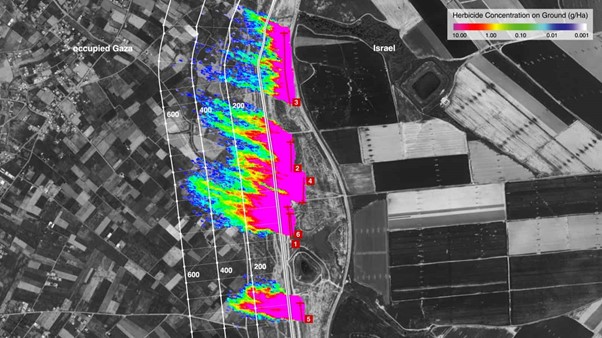
Second: Materials Used in Aerial Spraying Operations
According to environmental expert George Kurzom, Israeli occupation forces spray access restricted areas with a mixture of Glyphosate, Oxygal and Diurex. Kurzon also pointed out that the herbicides dropped by Israel on Gazan farmers’ lands might remain inside the soil for several years without decomposing. He also noted that, in general, herbicides are considered carcinogenic and may cause genetic, congenital and reproductive disorders. Moreover, a report issued by the International Agency for Research on Cancer (IARC) [which is a subordinate of World Health Organization] shows that Glyphosate, which is an active substance in many herbicides used by the occupation, is indeed a cancerous substance.
Third: Impact of Herbicides on the Agricultural Sector
The spraying of chemical herbicides on agricultural lands in the Gaza Strip damages numerous crops and changes their color due to penetrating their roots. This is clearly seen in several plants and leaves, such as spinach, parsley, peas, turnips, cabbage, zucchini, wheat and barley. The sprayed substances (especially the cancerous Glyphosate) ravage the soil and prevent its germination, thus leading to substantial losses incurred by farmers. For example, the total losses of farmers due to Israel’s spraying of herbicides on their lands from the beginning of 2020 until the time of preparing this paper were approximately $379,670 U.S.
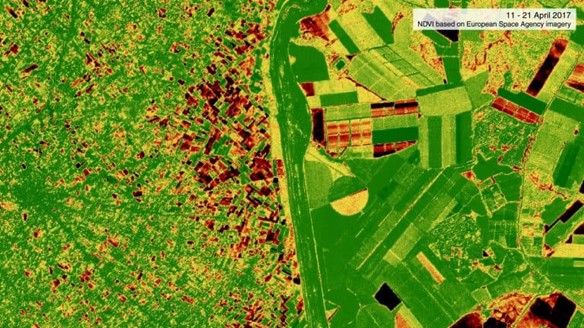
In light of what was mentioned above, the paper presents a number of policy options for relevant Palestinian and international bodies. This encompasses alternatives and suggestions to introduce policies that support Palestinian farmers in access restricted areas. The paper assumes that the presented propositions can be simultaneously implemented to lead to a stronger impact within a reasonable time-period.
First Alternative: Internationalize the Agricultural Crisis in Gaza’s Border Areas and Resort to International Bodies
This alternative suggests referring this issue to the international community (such as the Human Rights Council, World Health Organization, and other international agencies) and calling upon them to fulfill their legal and moral duty of confronting unjust policies and taking effective measures to stop the Israeli violation of Palestinian farmers’ rights. International parties must also oblige the occupation to stop spraying toxic herbicides, as well as examining the possibility of pressuring Israel to compensate Palestinian farmers for the suffered losses.
Second Alternative: Adoption of National Policies and Interventions to Enhance Palestinian Farmers’ Resilience in these Areas
This alternative focuses on strengthening the resilience of Palestinian farmers and helping them mitigate the damages of spraying crops with herbicides. Moreover, it enables farmers to bear the losses related to Israel’s spraying activities, by creating a fund to support Palestinian farmers to compensate them for suffered damages. This alternative also includes exempting farmers of taxes related to agricultural lands in these areas, as well as establishing “medical points” to provide adequate treatment for livestock in these areas. It is also possible to cooperate with a number of international parties in this context to finance that fund and provide the necessary anti-pesticide materials.
Main Recommendations:
- Call for an international investigation by specialized committees to examine the chemical materials sprayed by Israeli aircraft on agricultural lands and highlight their impact on the soil, environment, and health of residents. This will facilitate the curbing of spraying assaults and can expose the occupation’s violation of international law.
- Request from the World Health Organization (WHO) and Food and Agriculture Organization (FAO) to establish scientific laboratories in the Gaza Strip. It is also vital to develop Palestinian capacities to examine the nature of chemical substances sprayed on agricultural lands, as well as providing farmers with the necessary materials to protect their soil from spoilage.
- It is necessary to implement Decree Law No. (12) of 2013 regarding the Palestinian Agricultural Disaster Risk Reduction and Insurance Fund (PADRRIF).
- Protect the agricultural sector from hostile military activities and enable Palestinian farmers to cultivate their agricultural lands in Gaza Strip border areas.
- Adopt all available measures and means to end the siege on the Gaza Strip, along with holding the perpetrators accountable for their blatant human rights violations.
To View the Full Policy Paper as PDF
This Policy Paper was prepared as part of the “Youth as Human Right Defenders” project funded by the European Union The content of this document does not reflect the official opinion of the European Union. Responsibility for the information and views expressed in the study lies entirely with MIFTAH




